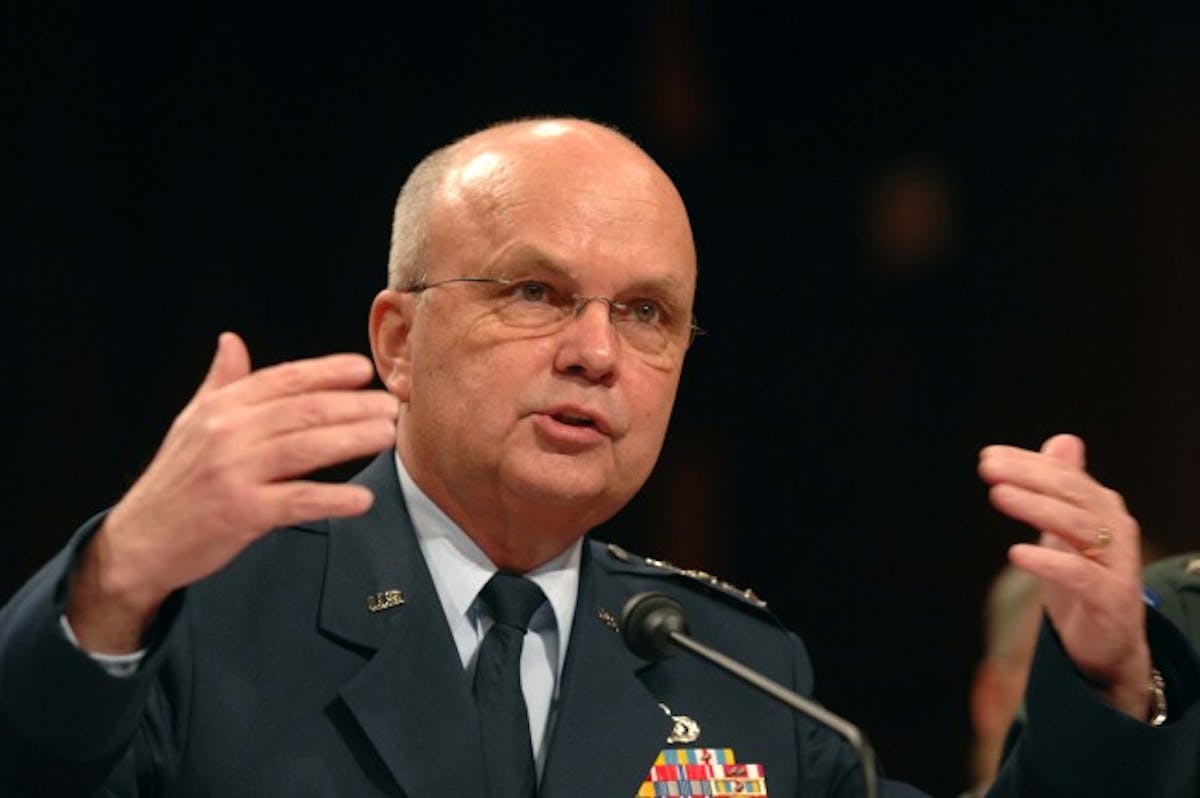The question of whether NATO is in crisis has been around for decades. There have been complaints since the start of the Afghanistan mission that allies were not doing their fair share. Some criticize Europeans' lower overall defense spending as a sign that they want a free ride. Many Americans wonder why NATO intervened in Libya but has not in Syria.
At the same time, some policy thinkers, seeking to keep NATO relevant in the face of the U.S. policy "pivot" toward Asia, repeat worn ideas about broad geographic, political or even economic roles for the organization that our allies reject.
NATO plays an important role protecting the security that has enabled decades of European and North American peace and prosperity. But looking for an overly expansive role for it risks undermining its strength and lessening its value.
Many Americans — even elected officials and policymakers — don't spend much time thinking about NATO, despite its importance. And unfortunately, many who do think about it approach issues from a NATO-centric and U.S.-centric view, distorting the conversation.
We should start by looking at our global security needs, asking what instruments best meet those needs, rather than looking at NATO and asking what role we might devise for it. We also must engage our allies in meaningful conversation about where NATO fits into their national priorities. Finally, we have to consider the outlook of NATO's neighbors, friend and foe. NATO can remain a vital part of our international security apparatus only if we are careful about what we want it to be and do.
It is worth remembering where NATO started. After World War II, the United States intended to withdraw from Europe, but the European nations most afflicted by centuries of war wanted us to stay. We often think of NATO's Cold War origins, but to the five countries that first signed a collective security agreement in 1948, then asked us to join, the concerns were as much about Germany as the Soviet Union.
NATO was conceived not just to protect Western European countries (and the United States and Canada) from outside attack, but also to create a sense of security that would enable peace and prosperity. NATO became an important part of Western Europe's recovery and contributed to the fall of communism. But that is only part of the story.
For most Europeans, the story of the European Union is just as important. For all its current troubles, the E.U. has played a critical role promoting European economic growth and political stability — and peace. When former communist countries gained their freedom, they sought (and we encouraged) membership not just in NATO, but also in the E.U.
We and our European allies viewed integration into European economic and political structures as the best route to democracy. As the E.U. has grown, the United States has expanded its ties, from trade and investment to homeland security and regional peace-building. For us, as for the Europeans, NATO is not the only instrument for security or engagement in the region.
While Europeans may not be as NATO-centric as Americans in their thinking, opinion polls show higher support in some European countries than in the U.S. But many see NATO's founding purposes as still the cornerstone of its existence — a concern for collective defense and a desire for a broad security umbrella.
There are differences among the allies, of course. Some countries still cast a wary eye toward Russia. Others harbor lingering concerns about Germany. Stability is elusive in parts of the Balkans and a rising concern across the Mediterranean. Many Europeans want NATO focused on its core regional tasks.
Europeans are wary of war for a reason — they are not far removed from the devastation of World War II. The structures that helped stop the cycle of war they had endured for centuries are worth preserving. Creating stability in Europe has been good for the United States as well, both economically and politically, and NATO still has a role in maintaining this.
Yes, NATO should adapt as threats change. But expansive notions about NATO that detract from its core mission have been rejected by our allies in the past and risk undermining the good in what we have — one valuable instrument for regional security, but not the core of our engagement in the world.
--------------------------
Mary T. Curtin was a U.S. Department of State foreign service officer from 1986 to 2011.
